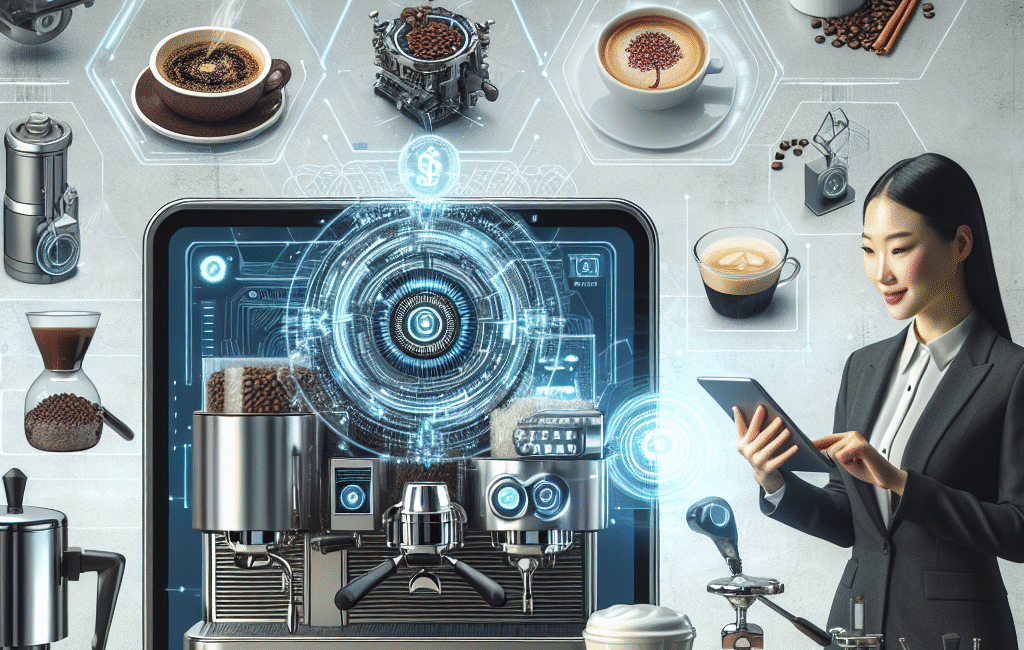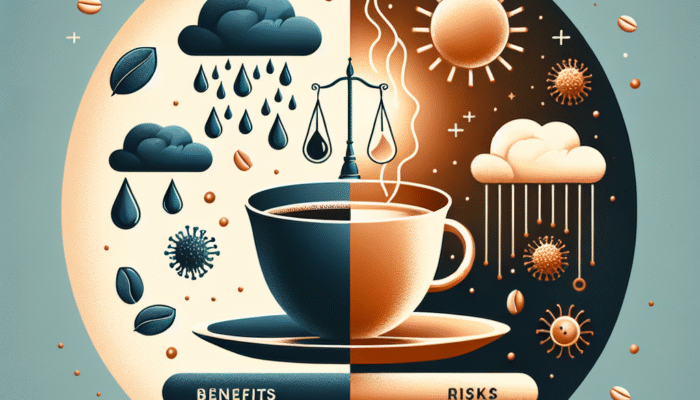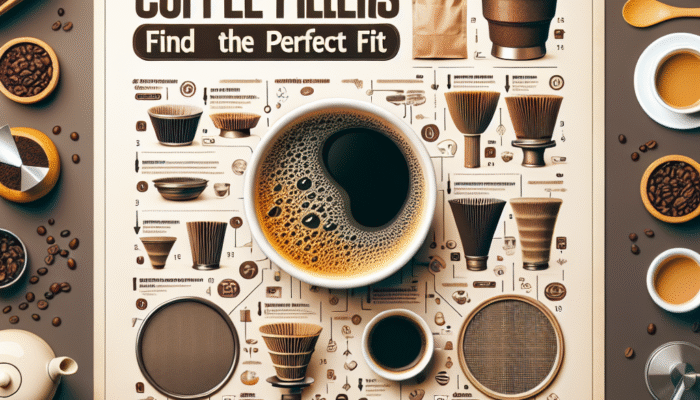
Coffee and Technology: Innovations That Are Changing the Industry
Coffee is more than just a beverage; it’s a ritual, a culture, and for many, a crucial part of daily life. As we move further into the 21st century, technology’s role in the coffee industry is becoming increasingly prominent. From farming to brewing, innovations are reshaping how coffee is produced, processed, and consumed. In this blog post, we will explore some of the most exciting technological advancements that are changing the coffee landscape.
1. Precision Agriculture: The Future of Coffee Farming
Traditionally, coffee farming has relied heavily on experience and intuition. However, with precision agriculture, farmers can now utilize technology to optimize their yield. This involves using data analytics, satellite imagery, and IoT (Internet of Things) devices to monitor soil health, weather patterns, and crop conditions.
For example, tools like soil moisture sensors allow farmers to determine the exact amount of water needed, reducing waste and ensuring that plants receive optimal hydration. Drones can survey large coffee plantations, providing aerial views that help identify areas needing attention, thus improving overall efficiency.
2. Blockchain for Transparency
In an industry often plagued by issues of transparency and fair trade, blockchain technology is making waves. This decentralized ledger system allows every transaction in the coffee supply chain to be recorded and verified, from farm to cup. Consumers can trace the origin of their coffee, ensuring that it was ethically sourced and that farmers received fair compensation.
Companies like Brewed by Hand are utilizing blockchain to enhance transparency, allowing customers to scan a QR code on their coffee packaging to learn about the journey of their beans, fostering a deeper connection between consumers and producers.
3. Smart Coffee Machines: The Rise of Automation
Gone are the days of manual brewing for those who want a perfect cup of coffee. Smart coffee machines are revolutionizing home brewing and commercial setups alike. These devices can be programmed to brew coffee based on user preferences, adjust grind size, and even control water temperature to extract the best flavor from the beans.
Brands like Nespresso and Breville are leading the charge with machines that connect to smartphone apps, allowing users to customize their brewing experience remotely. This level of control not only enhances flavor but also makes brewing accessible to a wider audience.
4. Coffee Subscription Services Powered by AI
The rise of coffee subscription services has been accelerated by advancements in technology. Companies are using AI algorithms to analyze customer preferences and recommend personalized coffee selections. For instance, platforms like Coffee.org use machine learning to curate subscriptions that match individual tastes, ensuring that customers receive only the coffees they will love.
This technology not only enhances customer satisfaction but also helps coffee roasters manage inventory and understand market trends, leading to more efficient operations.
5. Sustainable Packaging Innovations
As consumers become more environmentally conscious, the coffee industry is responding with innovative packaging solutions. Companies are exploring biodegradable materials, compostable pods, and reusable packaging to minimize waste. For example, PodPack has developed coffee pods that are made from plant-based materials, which break down more easily in landfills.
This shift not only appeals to eco-conscious consumers but also helps brands differentiate themselves in a crowded market, creating a win-win situation for businesses and the environment.
6. Virtual Coffee Tastings and Online Communities
The pandemic has accelerated the shift towards virtual experiences, and the coffee industry is no exception. Virtual coffee tastings have become popular, allowing enthusiasts to engage with roasters and participate in guided tastings from the comfort of their homes. Platforms like Coffee Collab have emerged, connecting coffee lovers with expert baristas and coffee producers worldwide.
These virtual gatherings not only enhance the consumer experience but also build communities around shared interests, fostering a deeper appreciation for the craft of coffee.
7. The Role of AI in Coffee Quality Control
Artificial Intelligence (AI) is playing a pivotal role in maintaining and improving coffee quality. Companies are using machine learning algorithms to analyze the sensory characteristics of coffee beans, helping to identify defects and ensure consistency in flavor profiles. For instance, AI-powered devices can analyze the aroma and taste of coffee, providing feedback to roasters on how to adjust their processes for optimal results.
This technology enhances the overall quality of coffee available to consumers, ensuring that every cup meets high standards.
8. The Future of Coffee: Trends to Watch
As we look to the future, several trends are poised to shape the coffee industry:
- Health-Conscious Innovations: With a growing interest in health and wellness, expect to see more coffee products infused with functional ingredients, such as adaptogens and probiotics.
- Augmented Reality Experiences: Brands may begin to incorporate AR into their marketing strategies, allowing consumers to engage with their coffee in interactive ways.
- Increased Focus on Sustainability: As environmental concerns continue to rise, technology will play a vital role in driving sustainable practices across the coffee supply chain.
Conclusion
Technology is undeniably reshaping the coffee industry, making it more efficient, sustainable, and accessible to consumers. From precision agriculture to smart brewing devices, these innovations are enhancing the way we experience coffee. As we move forward, it will be exciting to see how these technologies continue to evolve and influence our beloved beverage. So, whether you’re sipping a cup of coffee at home or at your favorite café, remember that technology is playing a role in every delicious sip!


